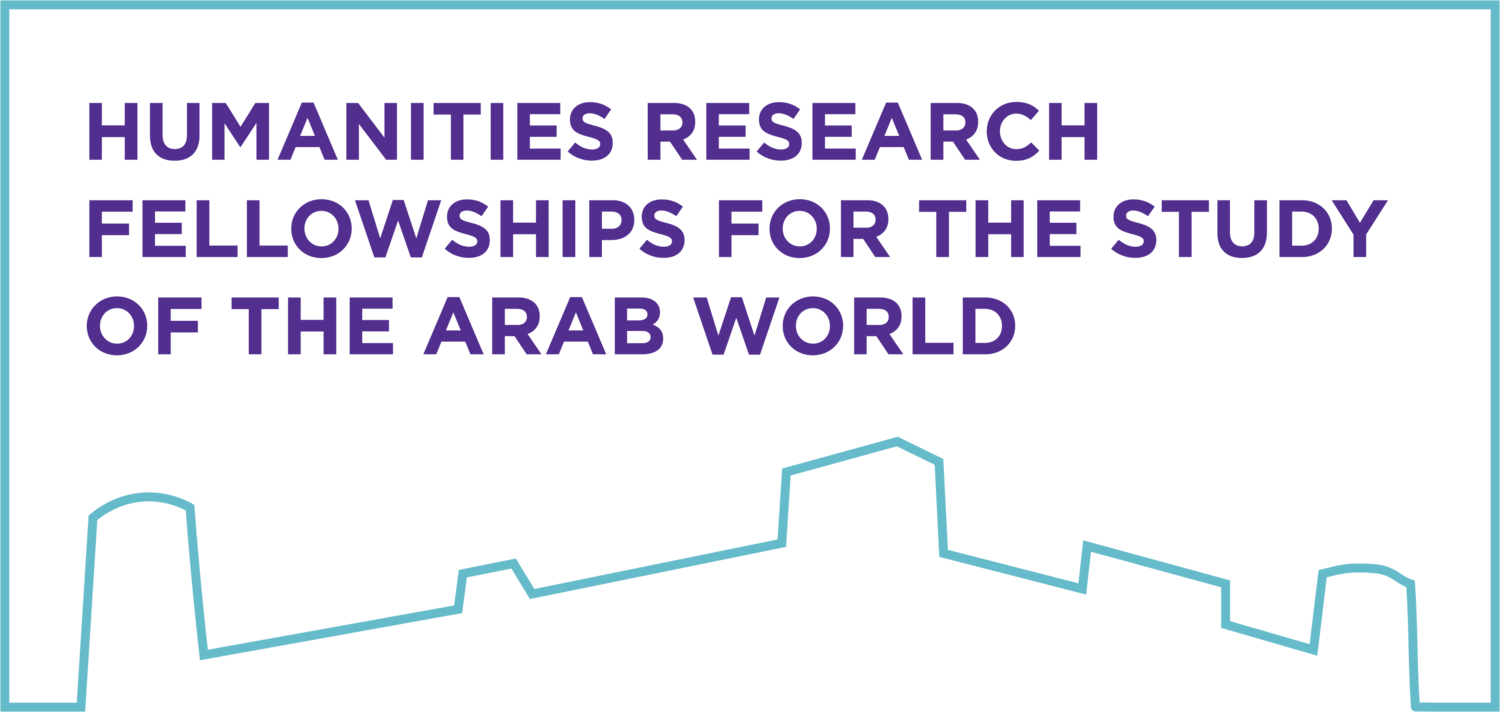Part of Recognizing Religion(s): The Cultural Dynamics of Religious Encounters and Interactions in Historical Perspective
Based on her article “Reading Against the Grain, Readings of Substitution: Christian Books as Inspiration for Judaism in Early Modern Iberia,” Mercedes García-Arenal discusses how Jewish conversos in Iberia after 1492 used Catholic books to learn about Jewish religion and similar practices among Moriscos.
Tijana Krstić discusses how the genre of catechism worked across confessional boundaries in the early modern period and the prominent role of converts in the story, with a focus on the comparative and entangled Christian-Muslim aspect.
Speakers
Mercedes García-Arenal, CSIC, Madrid
Tijana Krstić, CEU, Vienna
Moderated by
Jan Loop, University of Copenhagen
In collaboration with the Institute for Religion and Critical Inquiry at Australian Catholic University, the ERC-project European Qur'an: Islamic Scripture in European Culture and Religion at the University of Copenhagen (EuQu), NYUAD Institute
